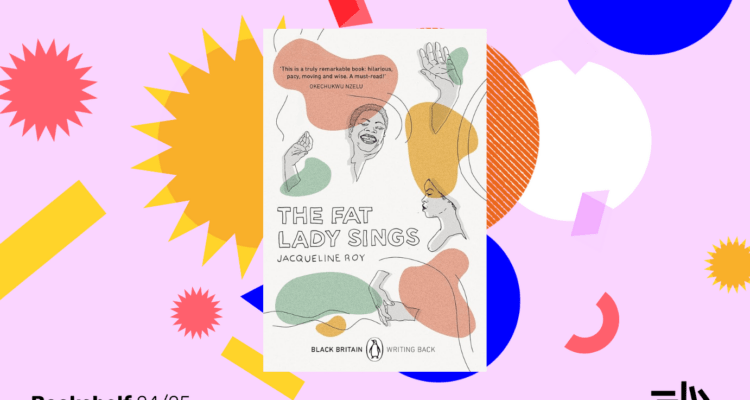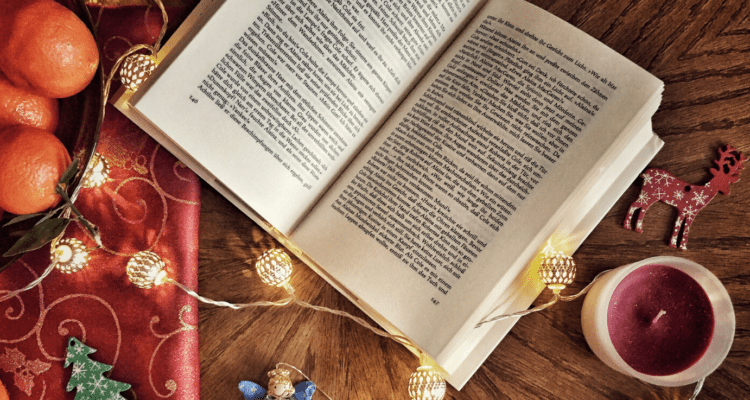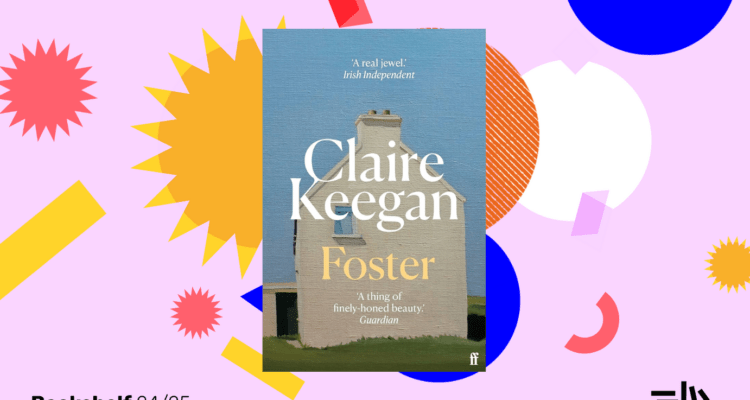Grevel Lindop’s ‘Hen Felin’
Helen Tookey is a poet, writer, and editor whose book Telling the Fractures was published by Axis projects in May 2008. Yesterday she recommended the poem 'Hen Felin' by Grevel Lindop and here she explains why she likes the poem so much.
Grevel Lindop, ‘Hen Felin’
This lovely poem is about pastness and buried things, and there are already at least two kinds of pastness at work in the title, which is Welsh for ‘the old mill’. Welsh is not, fortunately, a dead language, but it is in a sense a ‘buried’ language, one that has had to struggle against the threat of obliteration by the colonising tongue, English. Then the placename itself refers to another kind of past: whether this is a windmill or a watermill (the poem suggests the latter), it is a technology that belongs to the past. The title sets the poem in Wales; it also sets it in an atmosphere of things past, things lost, perhaps almost beyond recovery.
The poem sits sparely on the page: twenty lines, spaced into ten couplets, all of roughly equal length (the poem’s basic metre is a loose iambic pentameter; it swings away from and back to this, mimicking the tides it describes). The physical structure of the poem suggests a minimalism and also a sense of absences – the spaces between the couplets seem to invite us to think about what is apparently missing, to read between the lines and sense ‘the nothings and the silences / which are not nothing and are never silent’.
‘Hen Felin’ begins with an apparently disembodied, impersonal point of view: ‘There is a white house sunk in the long grass / and a spring rises, no one knows from where // and there is nothing, nothing and again nothing’. The repeated ‘there is’ recalls the French il y a or German es gibt; there is no perceiving subject, our feeling is of things existing quietly by themselves. And yet there is a mysterious kind of life here – not just the spring, but also the ‘nothings’, which ‘talk together in the house’. We imagine the tiny noises, the creaks and whispers of an empty house, and the water sounds – magnified by the house’s being ‘sunk in the long grass’, foreshadowing the boat that we encounter later.
It is only in the eighth line that we encounter a speaker: ‘Part of me has been living here for years // among the nothings and the silences / which are not nothing and are never silent’. And yet the speaker is only barely present in this scene (‘Part of me has been living here for years’); we feel that he is conjuring the house and the beach from memory, and that it is only in his imagination, or in his heart, that he has been ‘living here for years’, moving among the ‘nothings’ and the ‘silences’, his memories part of the apparent absences which are in fact the presences, the life, of the abandoned house.
In the sixth couplet – exactly at the midpoint of the poem – we move into the ‘green sea’ that surrounds the ‘sunken’ house, and encounter the foreshadowed boat:
And stranded under the long grass and the weeds
a wooden boat, her timbers sprung by time
the white wood mildewed, SWALLOW on the bow:
a white moon drowning in a green sea.
We can imagine the curve of the white wooden hull like a crescent moon in the ‘green sea’ – the poem picking up and returning to the moon imagery of the third couplet. The lines are beautiful and sad: instead of sailing, this boat is ‘stranded’, ‘drowning’; its timbers are sprung, the wood rotting. There are echoes here of Eliot’s ‘Marina’, with its dilapidated ship, ‘Bowsprit cracked with ice and paint cracked with heat […] The rigging weak and the canvas rotten […] The garboard strake leaks, the seams need caulking’. The thirteenth line (‘the white wood mildewed…’) is chant-like, its lifting rhythm capturing a sense of freedom and movement, almost in defiance of the boat’s present state. The repeated ws visually recall the little waves the boat might have made as it hummed along; the very name Swallow makes us think of a lively little bird, darting and swooping. So few words are put to such powerful and poignant use in these lines.
The boat is stranded, rotten and unseaworthy, decaying back into the earth, it seems:
but still the unstaunched spring whispers and sings
and will not let her rest and turn to earth
but long past hope still sets the empty heart
echoing to the perpetual music of water.
The boat does not decay entirely, ‘turn to earth’; the spring, bubbling and whispering, keeps it alive ‘long past hope’. Is the speaker here thinking of himself, perhaps careworn, yet given new life by the associations he has with this place, the house, the ‘unstaunched spring’? We sense that the speaker feels that he may never return to this place, which seems to have meant so much to him; and yet he also doesn’t need to, because ‘part of [him] has been living here for years’ and will go on living here for ever.
Why do I love this poem so much? Partly because it speaks my own feelings about places in Wales that mean a great deal to me and that carry some of the same associations. Partly because it is a wonderful example of a type of poetry that I am strongly drawn towards: a spare, minimalist poetry that uses words, and white space, almost in the way that Barbara Hepworth uses wood and stone, or Mark Rothko uses paint. (Two of the poems in my new book Telling the Fractures, ‘Climbing the Hill at Sunset’ and ‘Sea’s Gift’, are attempts to create this kind of poetry, and not coincidentally they are also both about Wales.) I love it also because of the way it works as a calm, meditative space. This is a poem about things that are buried, or half-buried. Yet there is no sense of the speaker’s wishing to disinter things, to unbury the house or the boat or his own past; instead, there is a sense of great calm and peace. The speaker isn’t driven to rediscover something or to acquire something; although he may not be physically part of the scene he describes, it is nevertheless embedded in him, his heart ‘echoing to the perpetual music of water’.
'Hen Felin' appears in the collection Playing With Fire and is published by Carcanet Press. Read the poem again here.
By Helen Tookey
Share
Related Articles

January’s Choice From The Reader Bookshelf
The Reader Bookshelf is a carefully curated collection of literature for adults and children, exploring a different theme each year, this year’s…

December’s Stories and Poems
The Reader Bookshelf theme of ‘Wonder’ might make many of us think of the very special kind of wonder which…

December’s Choice From The Reader Bookshelf
The Reader Bookshelf is a carefully curated collection of literature for adults and children, exploring a different theme each year, this year’s…


